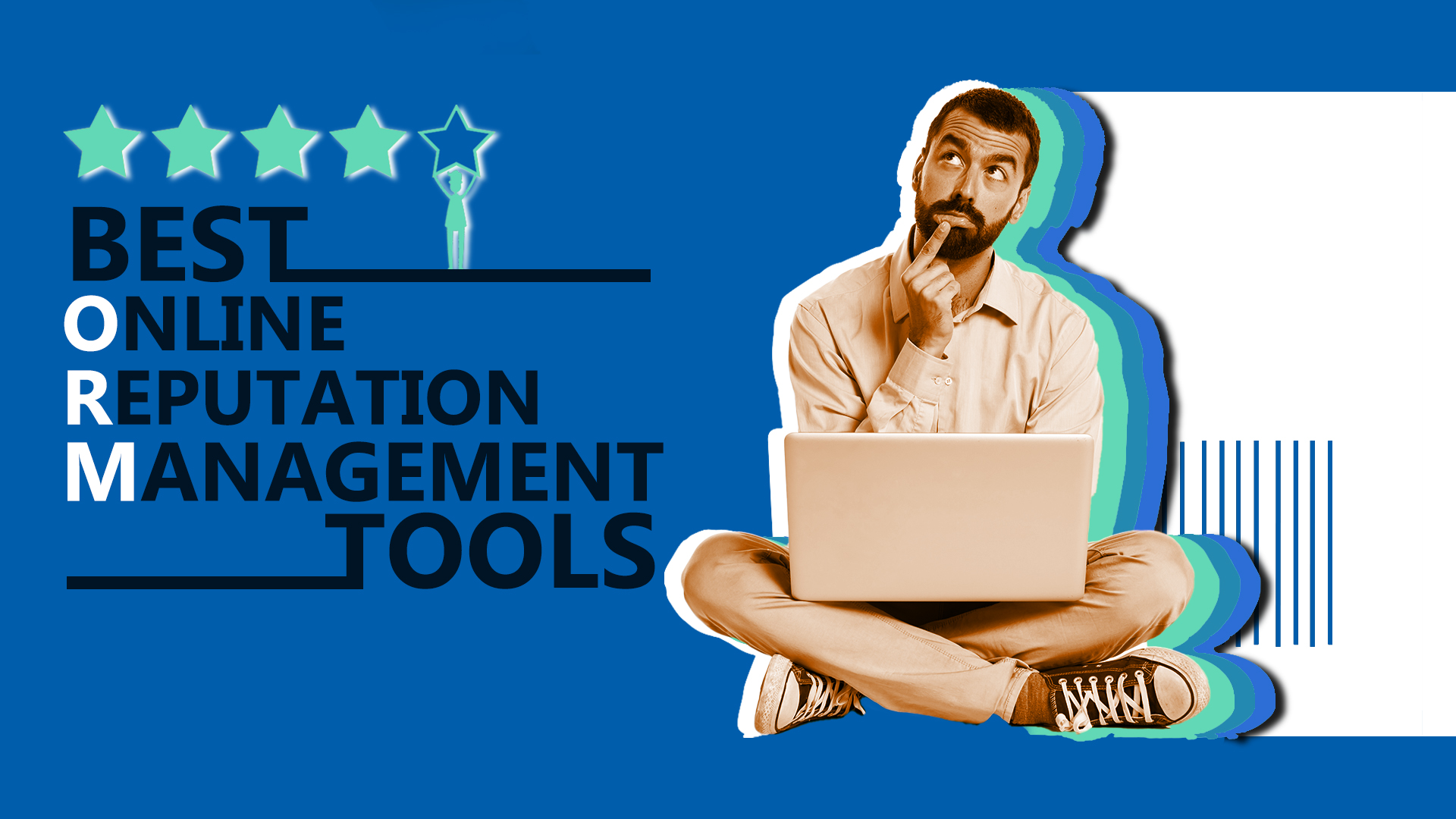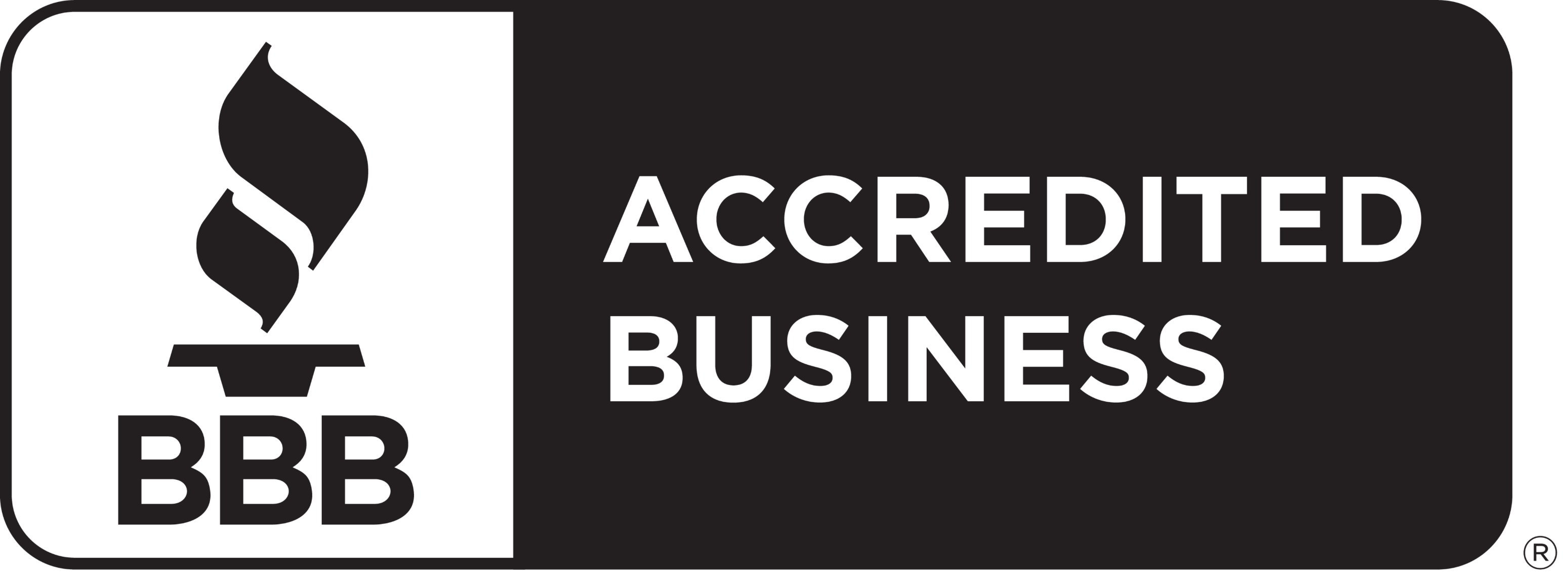A positive online reputation has become of utmost importance to any business owner or marketer. Only through online reputation management, you can leverage positive customer feedback, reduce negative reviews, and perform crisis management.
Here, we will share with you all the needed information about the best online reputation management tools that will help you in the process of online reputation management.
What Is an Online Reputation Management (ORM) Tool?
An online reputation management tool is a service or software that allows businesses or individuals to manage and enhance their online presence and provide methods to handle any ongoing crisis.
Benefits of ORM Tools
Among all the benefits of Online reputation management tools, the following are the most crucial:
- Real-time monitoring of all your activity online
- Sentiment analysis of your customers
- Proactive personal reputation management and crisis handling
Examples of Best Online Reputation Management Tools
Social Media Monitoring Tools
Below you’ll find a description of all the online reputation monitoring tools categories for social media management along with some examples of what tools are the best to use.
1. Sentiment Analysis
Sentiment analysis tools are software applications that analyze written data to understand how customers feel about your brand. The best examples of these tools are Social Mention and Awario.
2. Social Listening
Social listening tools help you understand what people are saying about you on social media by discovering your mentions. The best example of those is Sprout Social.
3. Brand monitoring and alert systems
Brand monitoring tools allow you to keep track of every positive and negative information being shared about you online. Some of the greatest tools and alert systems are Google Alerts and Talkwalker.
4. Influencer marketing
Influencer marketing platforms are platforms designed to help you in improving your strategy of influencer marketing. Some examples of those are CreatorIQ and Brandwatch.
Source: Unsplash
Enterprise Feedback Management (EFM) Tools
Enterprise feedback management tools are software that allows you to manage all the feedbacks you get from customers. Those types of online reputation software are furtherly explained below.
1. Net Promoter Score (NPS) Tracker
Net Promoter Score trackers are tools that allow you to understand your customers’ loyalty and how likely would they recommend your business. The best example of an NPS tracker is Hotjar.
2. Customer Surveys and Feedback
Customer survey and feedback tools are used to record and analyze your customers’ feedback regarding your business and services. One of the famous tools used for that is SurveyMonkey.
Search Engine Reputation Management (SERM) Tools
Search engine reputation management tools are the tools that allow you to create a positive brand image on search engines. Below, you’ll find an elaborate list of all those tools.
1. Listing Management Tools
Listing management tools are designed to manage businesses with specific locations and help them deliver their information to customers. The best examples of these tools are Google My Business (GMB), YEXT, and BrightLocal.
2. Competitive Benchmarking Tools
Competitive benchmarking tools are used to measure your content quality and campaign performance with engagement metrics and compare this information with your competitors. The most famous tools for that are Semrush and Ahref.
3. Link Building Tools
Link-building tools help you get links from authoritative websites like Entrepreneur and Forbes. An example of those tools are Majestic, Buzzsumo, and Respona.
4. Content Marketing Tools
Content marketing tools have a wide range of services such as ideation, promotion, and optimization. Some of the greatest content marketing tools are HubSpot, Visually, and Google Optimize.
PPC (Pay Per Click) Management Tools
Pay-per-click management tools are used to keep track of your paid search marketing campaigns and reduce the costs spent on ads. There are many types of PPC tools, all of which are listed below.
1. Campaign Budget and Bid Optimization Tools
Campaign budget and bid optimization tools are designed to help you manage what you pay in relation to what you get. The popular tools to use in this category are Google Ads and Optymzr.
2. Message Booster Tools
Message booster tools analyze your content performance and transform the best content into ads. A good example of these tools is MarinOne.
Source: Pixabay
3. Audience Segmentation Tools
Audience segmentation tools are the type of tools that can segment your target audience and change your campaign features based on them. An example of this is the Madgicx tool.
4. Automatic PPC Keyword Generation Tools
Automatic PPC keyword generation tools are tools that provide you with the keywords that are most relevant to your content. The best examples of those tools are Google Ads and Keyword Planner.
Review Management Tools
Review management tools can measure and improve your customers’ satisfaction, identify issues with ongoing customers, and specify what can be fixed in the process. Below, you’ll find a specialized type of these tools.
1. Review Generation and Monitoring
Review generation and monitoring tools allow you to automate the review collection and management process. The best examples of those are Podium and Trustpilot.
Collaboration tools
Here are some additional tools that will help you in monitoring online reputation management.
1. Project and Team Management
Project and team management tools make coordination across your company faster and more efficient. Some examples of those tools are Aasana, Bitrix, Zoho, and Slack.
2. Email Marketing and Automation
Email marketing and automation tools give you an advantage in reaching out to potential clients and following up with them. Some of the best tools are Mailchimp and Brevo.
AI-Driven Features of ORM Tools
AI features of online reputation management tools are changing the way businesses monitor and respond to their customers online in reviews or mentions. Moreover, we are yet to witness how leveraging such technologies can help us understand customer preferences and improve the brand image with methods that we have never imagined.
1. Natural Language Processing (NLP)
Natural language processing-powered chatbots are able now to understand human language patterns and identify trends which helps them perform customer sentiment analysis and predict future behavior based on current data sets. Consequently, they can help businesses change their strategy to fit the customers.
2. Predictive Analytics for Personalized User Experiences
Predictive analytics employ trend analysis to understand the individual preferences of your customers and perform reputation risk forecasting to help you understand what might cause issues for your brand. By doing so, They increase conversion rates based on your customers’ preferences.
3. Deep Learning for Image and Text Analysis
Analyzing images and text data from reviews, mentions, or social media posts using deep learning techniques can help your business understand the overall public perception of your brand quickly and effectively. As a result, they allow you to improve your brand reputation.
4. Machine Learning for Automated Content Moderation
Machine learning techniques can be used to schedule posts, monitor engagement, and analyze performance on various social media platforms simultaneously using methods such as feature extraction. Furthermore, they can create content based on what’s already shared by your customers online.
Source: Unsplash
Trending AI Marketing Tools
Here are some of the latest AI tools and technologies that can change our marketing strategies and perspective for good:
- ChatGPT
- Copy.ai
- Surfer
- Flick
How to Choose the Best ORM Tool for Your Business?
Online reputation management tools can be a great asset for your business. They can be used to leverage positive customer reviews, flag negative mentions, perform crisis management, and more. For legal professionals, these tools are essential for online reputation management for lawyers, ensuring that you maintain your positive reputation and address any issues promptly. They can be used to leverage positive customer reviews, flag negative mentions, perform crisis management, and more. They will be all that you need to maintain your positive reputation.
However, in order to have the best online reputation monitoring tools for your business, consider the following factors before choosing your tools:
- Features
- Scalability
- User reviews
- Scope
- Budget
Frequently Asked Questions on ORM Tools
1. Why should you invest in online reputation management tools?
Online reputation management tools allow you to have a strong reputation by doing all of the following:
- Maintain a positive brand image
- Respond to your customers
- Leverage positive reviews
- Flag negative feedbacks
- Perform reputation damage control
2. How do I track my online reputation?
To know how well is your online reputation performance, you have to employ the following:
- Monitor your social media accounts to know how your customers are perceiving your brand
- Check review sites to understand your customers’ opinions about your business
- Set up Google alerts for when you get mentioned online
- Perform search audits for your brand and services
- Use online reputation monitoring tools to notify you about any mentions and to handle your online reputation management effectively
3. How can I improve my reputation fast?
Below, you’ll find simple tips to build a marvelous reputation quickly:
- Stick to your brand image and values
- Stay open and transparent about your business and services
- Honor your promises
- Take responsibility for your actions
- Solve your customers’ issues and listen to their feedback
- Be reliable and consistent
4. What tools do reputation management companies use?
Here are some of the popular online reputation management tools:
- Reputation.com
- Birdeye
- Podium
- Statusbrew
- Yext
5. What is the best project management or organization software for small businesses?
Here are some of the most effective online reputation software for project management and organization of small businesses:
- Click Up
- Wrike
- Monday.com
- Height Celoxis
Reputations Are Everything. We Take the Best Care of Your Brand’s Image and Make Sure It Stays Safe.
Get in Touch to Know How.

















Comments are closed.